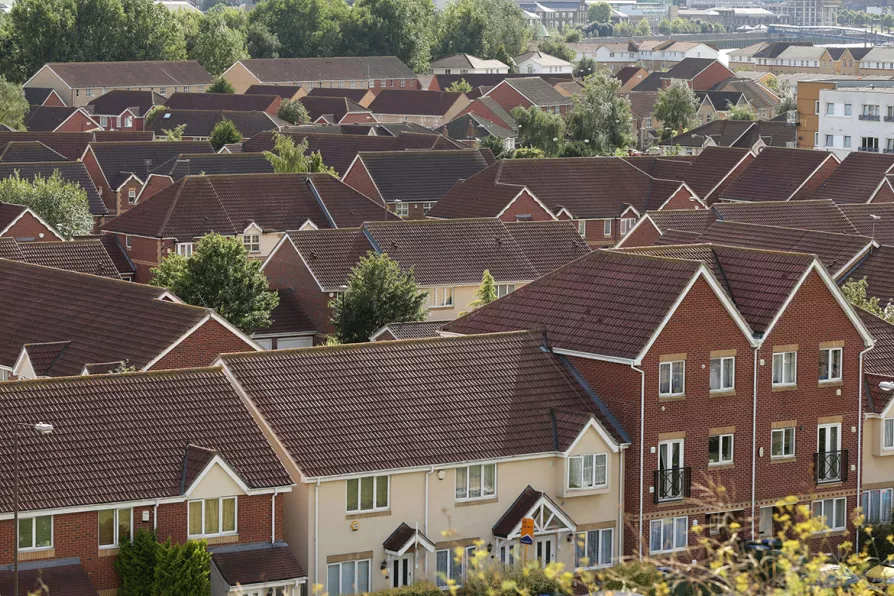Millions living in ‘dangerous’ homes that put people's health at risk, charities say

 Houses, August 19, 2014
Houses, August 19, 2014
EIGHT million people are at risk of ill-health caused by substandard housing that is putting “enormous strain” on an overstretched NHS, a coalition of charities warned today.
Nine charities are backing a national Safe Homes Now campaign, demanding an end to the “scandal” of 3.7 million “dangerous” homes “that pose significant risk to inhabitants’ health” in both the private rented and owner-occupied sectors.
The charities said the “hidden housing crisis” included shocking conditions such as rat infestation, damp, leaks and mould on children’s bedding.
Similar stories

Run-down homes cited by Social Workers Union as danger factor for children













